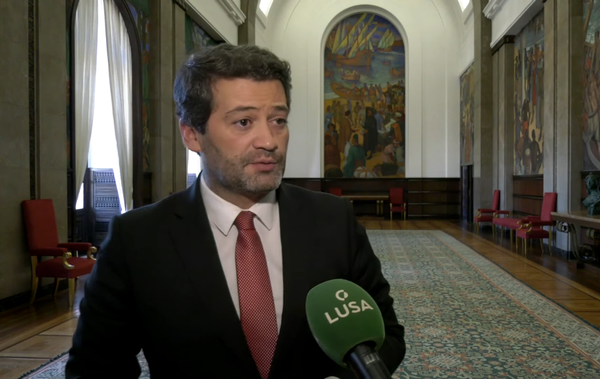Britain’s Conservatives vow to deport 750,000 migrants and reclaim national sovereignty
At the annual party conference in Manchester, the Conservative Party of the United Kingdom drew a clear line in the sand: if returned to power, it will launch the largest deportation operation in modern British history, removing 750,000 illegal migrants within five years.

The plan marks a dramatic escalation in the fight to restore order to a system long paralyzed by bureaucracy, judicial interference, and open-border ideology.
Ending the era of illegal entry
According to the proposal unveiled by party leaders, anyone entering the United Kingdom illegally would lose the right to apply for asylum — permanently.
Illegal crossings of the English Channel, which have reached record highs in recent years, would no longer lead to endless legal appeals or years of taxpayer-funded benefits.
The plan would strip courts of their ability to delay deportations through last-minute appeals. Instead, the Home Office would assume direct authority to process and finalize removals — within days, not months.
A new, specialized Deportation Service would be created with a budget of £1.6 billion, double the current allocation, and tasked with removing at least 150,000 illegal migrants per year.
That target includes both current illegal residents and future arrivals, as well as foreign nationals convicted of serious crimes. Minor infractions, the plan says, will no longer serve as “humanitarian shields” for criminals who exploit British leniency.
From 35,000 to 150,000 a year
In 2024, Britain managed to deport only about 35,000 people, most of them voluntarily. The new plan represents a fourfold increase in annual removals — a pace unseen since the post-war era.
Party officials argue that the scale of the operation is not only feasible but necessary. The cost of illegal migration — in welfare spending, housing, education, and social instability — has ballooned to billions of pounds per year.
The European Convention question
Perhaps the most controversial component of the proposal is the call to withdraw the United Kingdom from the European Convention on Human Rights (ECHR) — the treaty often used by lawyers to block deportations.
Critics claim leaving the ECHR would isolate Britain internationally. But supporters counter that the real isolation comes from ceding sovereignty to unelected foreign judges.
"Nations cannot survive on diversity alone. We need a strong common culture rooted in our history, our language, our institutions and our belief in liberty under the law,” declared party leader Kemi Badenoch.
Public opinion turns harder
Recent polls show migration once again topping the list of voter concerns. Frustration with chaotic border policies and government indecision has fueled the rise of populist challengers and eroded faith in traditional parties.
Badenoch’s Conservatives now seek to reclaim that ground, portraying themselves as the only party willing to match rhetoric with results.
They insist that their immigration overhaul will be accompanied by new trade and labor reforms — tightening work-visa quotas, ending automatic welfare eligibility for non-citizens, and prioritizing British workers in every sector.
A turning point for Britain
Supporters see this plan as a long-overdue reassertion of national will — the fulfilment of Brexit’s forgotten promise to “take back control.”
Opponents, predictably, call it xenophobic and unworkable. But the Conservative base sees it differently: a final attempt to rescue Britain from the slow-motion collapse of its borders, laws, and identity.
If enacted, the policy would mark a turning point not only for the UK but for Europe as a whole — signalling that one of the West’s oldest democracies has rediscovered the courage to defend itself.





